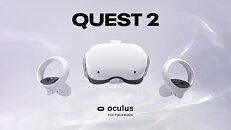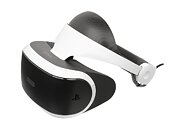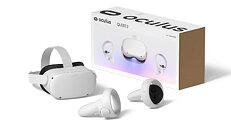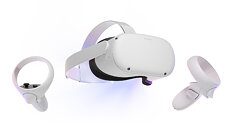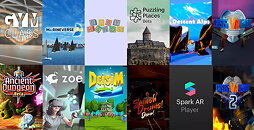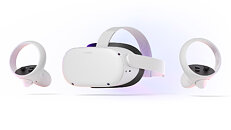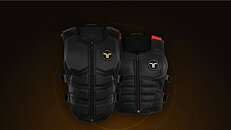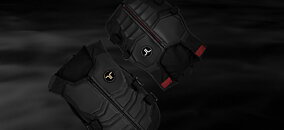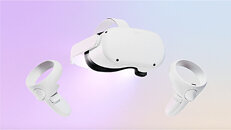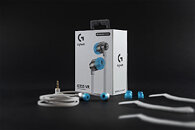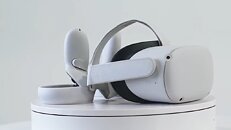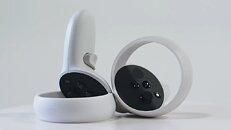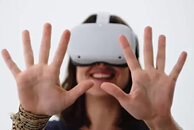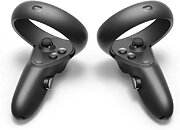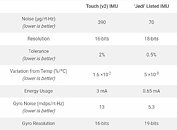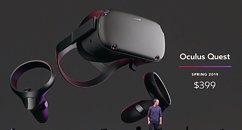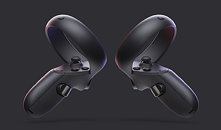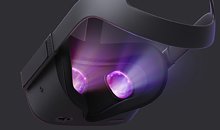Diabolical New VR Headset is Designed to Kill its User IRL if Killed In-game
Oculus co-founder Palmer Luckey designed a new VR headset that adds the ultimate layer of realism to VR—mortality. Thought to be relegated to dystopian cyberpunk fiction, this new headset comes with the ability to literally kill its user if killed in-game. Its design involves an Oculus Quest Pro, with explosive charges strapped to the forehead, which activate when the headset receives a specific pattern of red color flashes from the game's display-head, to a photo receiver (typically the "Game Over" screen). There's already a concept for a game designed for this.
Mortality replaces visual fidelity and photorealism (or other forms of sensory realism); as the most powerful stimulus. You play the game like your life depends on it—which it literally does. You're in an MMO playing against another human in an unpausable PvP game, where the consequence of losing the duel is losing your head in real life. But first, the good news—the cursed thing isn't in mass-production, and while the US-FDA has approved for certain kinds of pain-stimulating gaming peripherals, it didn't approve killing the user. The product will have to pass through a long line of political, legislative, legal, and philosophical hurdles before it's released to market as something you can buy. Please don't.
Mortality replaces visual fidelity and photorealism (or other forms of sensory realism); as the most powerful stimulus. You play the game like your life depends on it—which it literally does. You're in an MMO playing against another human in an unpausable PvP game, where the consequence of losing the duel is losing your head in real life. But first, the good news—the cursed thing isn't in mass-production, and while the US-FDA has approved for certain kinds of pain-stimulating gaming peripherals, it didn't approve killing the user. The product will have to pass through a long line of political, legislative, legal, and philosophical hurdles before it's released to market as something you can buy. Please don't.






